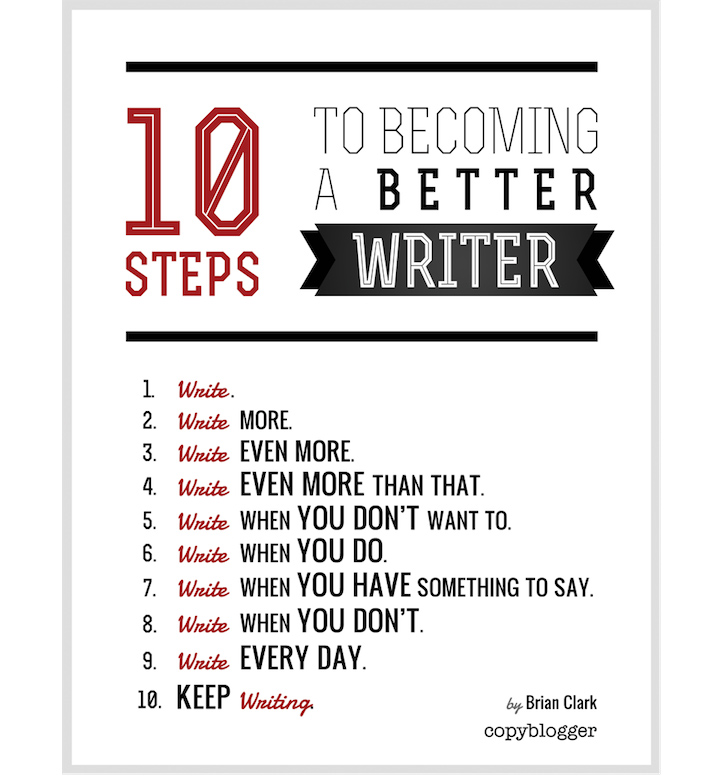One of the most frequent questions I get from students about their writing assignments is: “Can we use the first person?”
Perhaps writing in my discipline is more conversational than other disciplines, but an overly impersonal style (of the sort that seems to be encouraged by many high school teachers) is hard to find even in the most technical works of academic philosophy. For example, all four of the philosophy books I have on my desk reveal uses of the first person within the first couple of pages, and none of these works are intended for a popular audience. Obviously, such evidence is far from scientific. But I think it is fairly representative of how philosophers go about their work.
However, permission to use the first person in philosophy comes with a caveat. Stylistically, philosophers may be happy to employ “I.” But we are distinctly uninterested in confessional reports about other people’s thoughts and feelings (especially others’ feelings). We are, after all, writing philosophy, not our memoirs.
So what’s the difference between good and bad uses of the first person? Bad uses will stop with the first personal report. They will take the sharing of the author’s thoughts and feelings as the point of the essay. Alternatively, good uses of the first person will regard the author’s thoughts and feelings as provisional–as a starting point for a discussion of the reasons why those thoughts and feelings might be justified. And it is those reasons that most interest us as philosophers. We want to know whether the thoughts and feelings we have are the thoughts and feelings we have are good thoughts and feelings–whether the thoughts and feelings we have are the thoughts and feelings that we shouldhave.
So, yes. You can use the first person. Talk about what you think, believe, and what you are going to try to show in your papers. Just be sure that the substance of your papers focuses on the reasons why those are good things to believe.
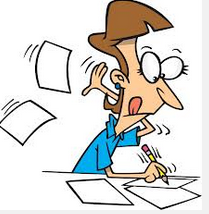 Author Hannah Richell once described her writing process as reading a lot, writing a lot, and deleting a lot.
Author Hannah Richell once described her writing process as reading a lot, writing a lot, and deleting a lot. We’ve all been there. Putting off an assignment, thinking we have all the time in the world. And then when we finally sit down to write a paper, obviously at the last minute, we can’t get away from all the techno distractions!
We’ve all been there. Putting off an assignment, thinking we have all the time in the world. And then when we finally sit down to write a paper, obviously at the last minute, we can’t get away from all the techno distractions!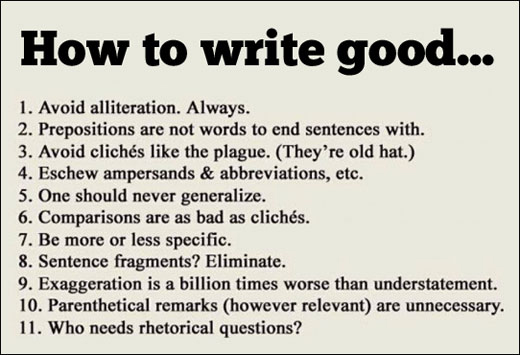
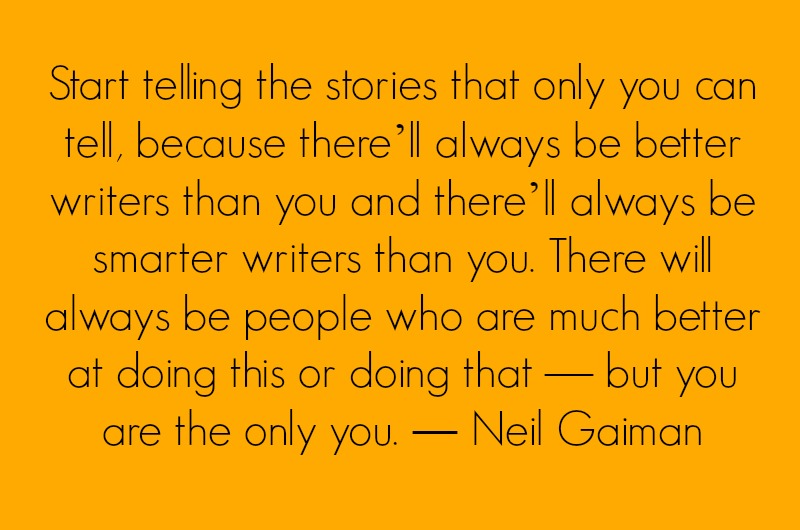
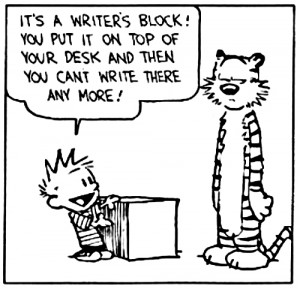 Yesterday we shared a few tips for
Yesterday we shared a few tips for 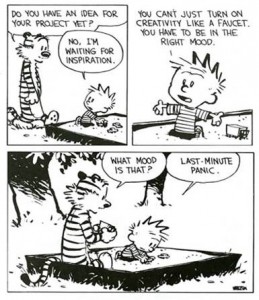 Hope you had a great spring break! But now it’s back to the grind. We typically see an increase in appointments after spring break as students buckle down and prepare for those final papers and projects of the semester.
Hope you had a great spring break! But now it’s back to the grind. We typically see an increase in appointments after spring break as students buckle down and prepare for those final papers and projects of the semester.
 E-Learning Librarian Kyle Denlinger recently shared a post on the ZSR blog titled
E-Learning Librarian Kyle Denlinger recently shared a post on the ZSR blog titled 